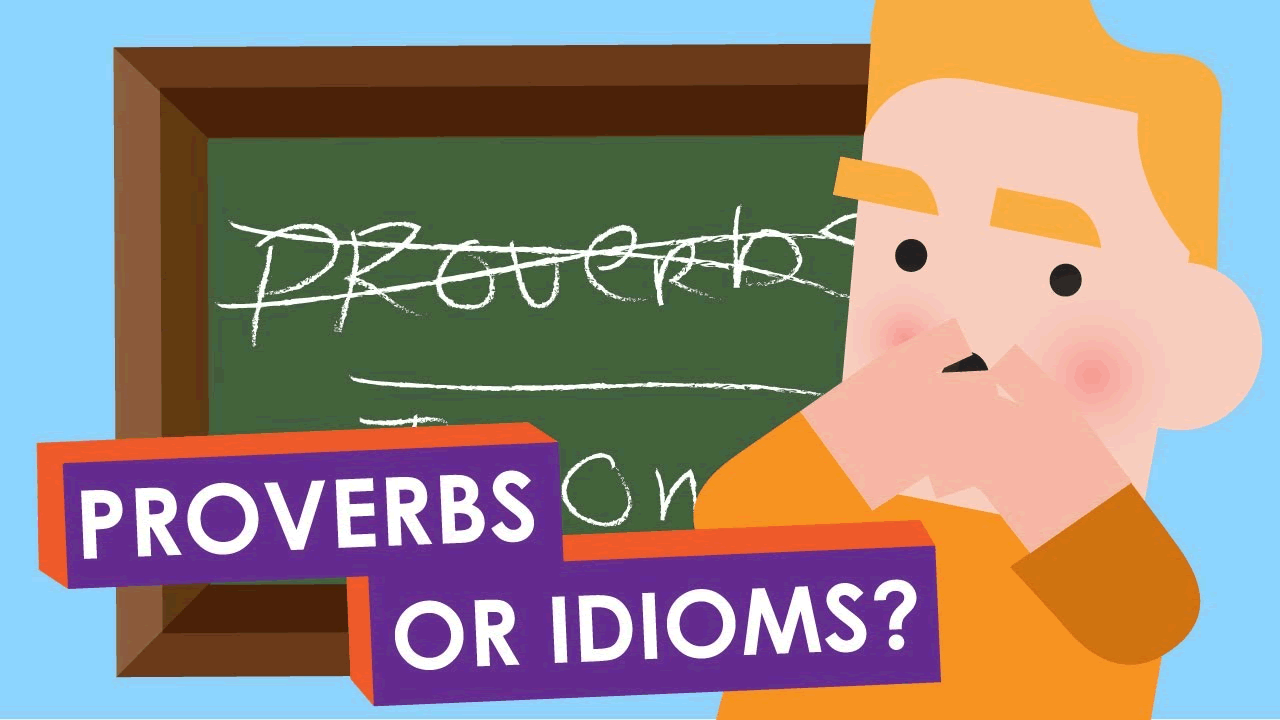What is the difference between an idiom and a proverb?

Idioms and proverbs are both types of figurative language, but they serve different purposes and have distinct characteristics:
Idiom:
An idiom is a phrase or expression whose meaning is not readily apparent from the individual words that make it up. Idioms often have a figurative or metaphorical meaning that is different from the literal interpretation of the words.
Idioms are unique to a particular language or culture, and they can be challenging for non-native speakers to understand.
Examples of idioms include "kick the bucket," "break a leg," and "hit the nail on the head."
Proverb:
A proverb is a short, traditional saying or phrase that offers advice, wisdom, or a general truth about life. Proverbs are often used to convey a moral or lesson and are based on the experiences and observations of a particular culture.
Proverbs are generally straightforward and do not have a hidden or figurative meaning. They are meant to be taken at face value.
Examples of proverbs include "The early bird catches the worm," "Actions speak louder than words," and "Don't count your chickens before they hatch."
In summary, the key difference between idioms and proverbs is that idioms have figurative, non-literal meanings, while proverbs are simple, widely accepted pieces of advice or wisdom. Both idioms and proverbs are important elements of language and culture, but they are used in different ways and for different purposes.
Here is a table that summarises some of the differences between idioms and proverbs:
| Idiom | Proverb |
|---|---|
|
A phrase with a figurative meaning |
A short saying with a common truth |
|
Specific to a language or culture |
More universal across cultures |
| Used to add colour and flair | Used to convey advice or wisdom |
| May not make sense literally | May make sense literally |
